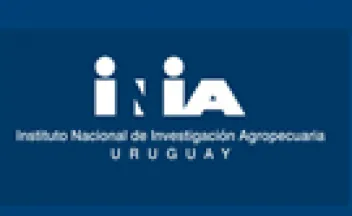Wheat yellow rust in Uruguay: understanding the genetic resistance in a panel of breeding and commercial germplasm. (Original article).

ABSTRACT.- Key message: Eight QTL conferring additive APR to YR were identified in wheat germplasm using GWAS. The high accuracy of GP models supports the feasibility of accelerating breeding for YR resistance. Abstract: Wheat yellow rust (YR), caused by Puccinia striiformis f. sp. tritici (Pst), is among the most devastating diseases affecting wheat worldwide. Since 2000, YR has expanded into regions where it was previously not considered an economically important disease. The deployment of YR-resistant cultivars remains the most effective and sustainable control strategy.
